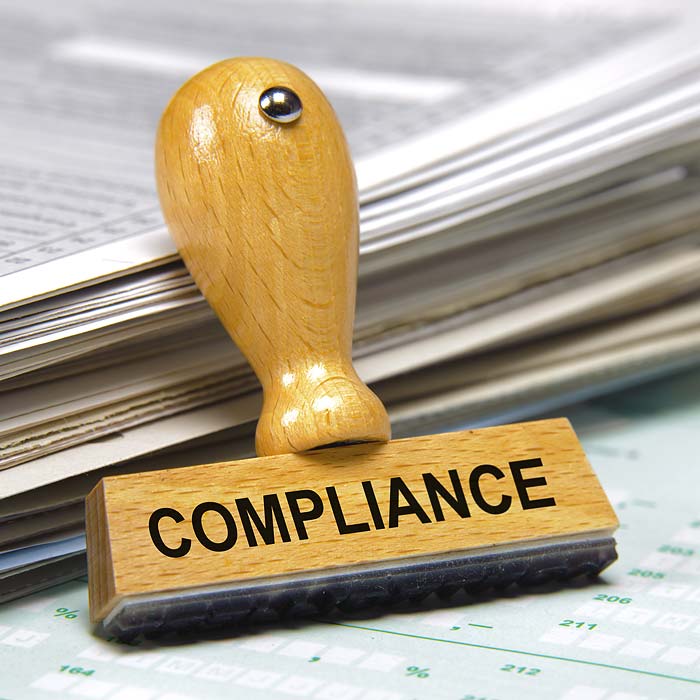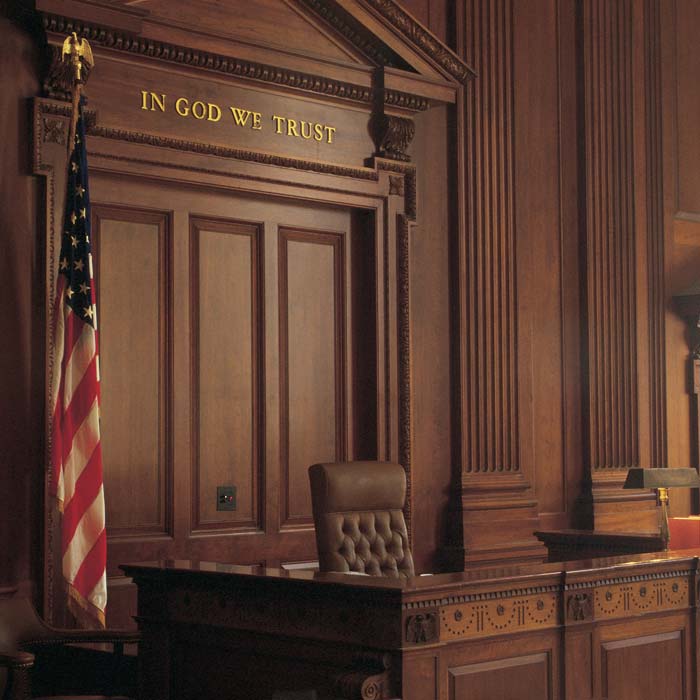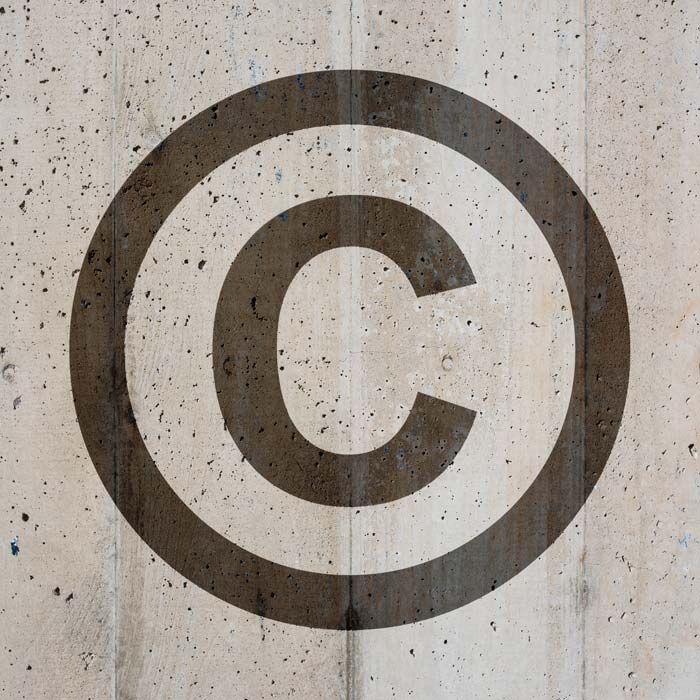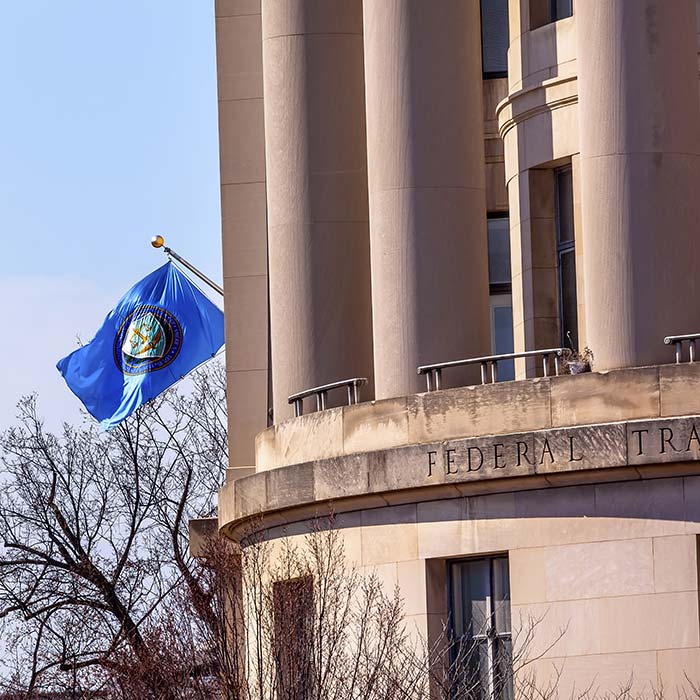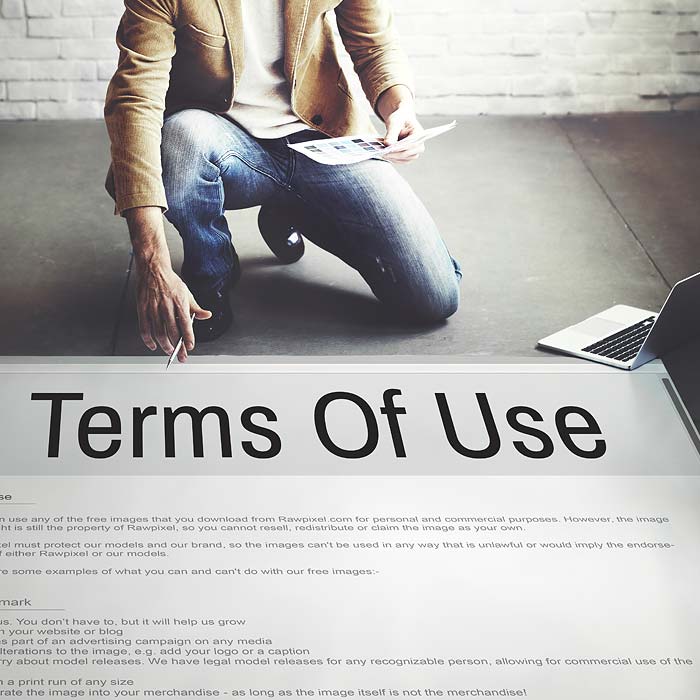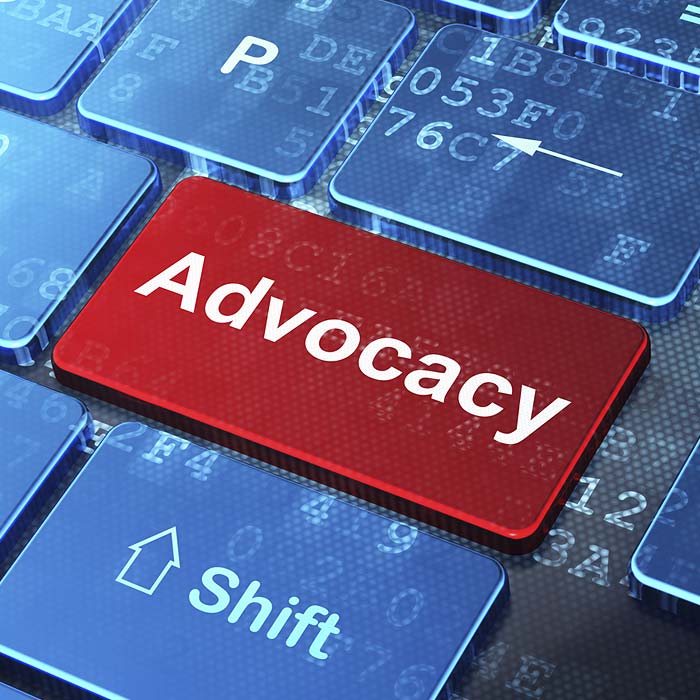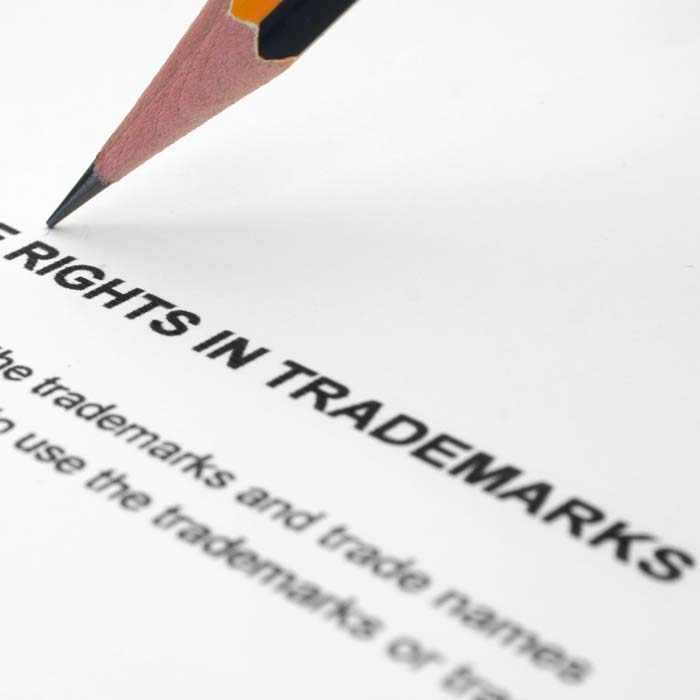
A trademark is a word, phrase, or logo that identifies the source of goods or service.
According to the World Intellectual Property Organization (“WIPO”), a trademark is a recognizable sign, design or expression which distinguishes products or services of a particular trader from the similar products or services of other traders.
In the United States, trademark law is mainly governed by the Lanham Act. The full text of the Lanham Act can be found here. Trademark rights can be acquired both automatically when a business uses a name or logo in commerce or can be registered with the U.S. Patent and Trademark Office and given statutory federal protections.
Contrary to patent law, trademark protection does not have a set duration of definitive expiration date. Trademark rights expire when the trademark owner stops using the mark in commerce. However, federal trademark registrations expire 10 years after the registration date, unless renewed one year prior to expiration.
The majority of trademark enforcement actions arise through private civil lawsuits and are litigated in both Federal and State Courts. Combined, our attorneys have represented countless clients as both plaintiffs and defendants in private civil lawsuits related to the alleged violation of trademark rights. The Lanham Act prohibits a numbers of activities related to trademarks including trademark infringement, trademark dilution, and false advertising.
The birth and growth of the world wide web and websites have made trademark law far more complex and wide-reaching. Now more than ever, it is imperative for business operators to understand and enforce their intellectual property rights. It is equally important for anyone that is being accused or sued for trademark infringement to expeditiously engage experienced counsel to defend their rights. There are numerous complex defenses to a claim of trademark infringement and our attorneys are experienced in analyzing the validity of a trademark infringement claim.
Trademark law is a complex area of the law that requires the skill and expertise of attorneys who are constantly dealing with both enforcing and defending trademark claims. Our lawyers are experienced in dealing with a wide variety of trademark law issues and we encourage you to contact us today.
Recent Trademark Law Articles
The Legal Checkup
Dentists typically recommend that a person’s teeth be cleaned every six months and that oral x-rays be taken at least once every year. Internists recommend that a person receive a physical examination annually. Pets visit the veterinarian for vaccinations and well-care appointments. Vehicles need oil changes and regular maintenance. Your personal and business legal affairs are no different and require regular “legal checkups.” Much like going to the dentist, the idea of meeting regularly with your attorney is probably not going to excite you; but now more than ever, periodic communication with your lawyer is essential. Unfortunately, far too many web entrepreneurs wait too long and ultimately reach out to their attorneys when trouble has already come their way. In many instances, the legal problems encountered could have been prevented had a “legal checkup” taken place. The law in the United States and throughout the world is constantly changing. It…
Website Lawyer, Corey Silverstein Reminds You to Have Your Online Business Reviewed for Legal Compliance
There are far too many online business operators that are not taking legal compliance seriously enough and subjecting themselves to potential liability. A commercial website is still a business regardless of the fact that its home is the world wide web, instead of a traditional brick and mortar facility. In its October 2014 Web Server Survey, NetCraft confirmed that there are over 1 billion websites on the world wide web today. If you think that governments and enforcement agencies across the world have not taken notice of this fact, then you are kidding yourself. In the United States, federal agencies such as the Federal Trade Commission (“FTC”) are prosecuting website operators at an increasing rate with more severe penalties. State attorneys are exercising subpoena power and commencing enforcement actions more than ever before and the United States has not been shy about seizing websites that are suspected of violating applicable…



